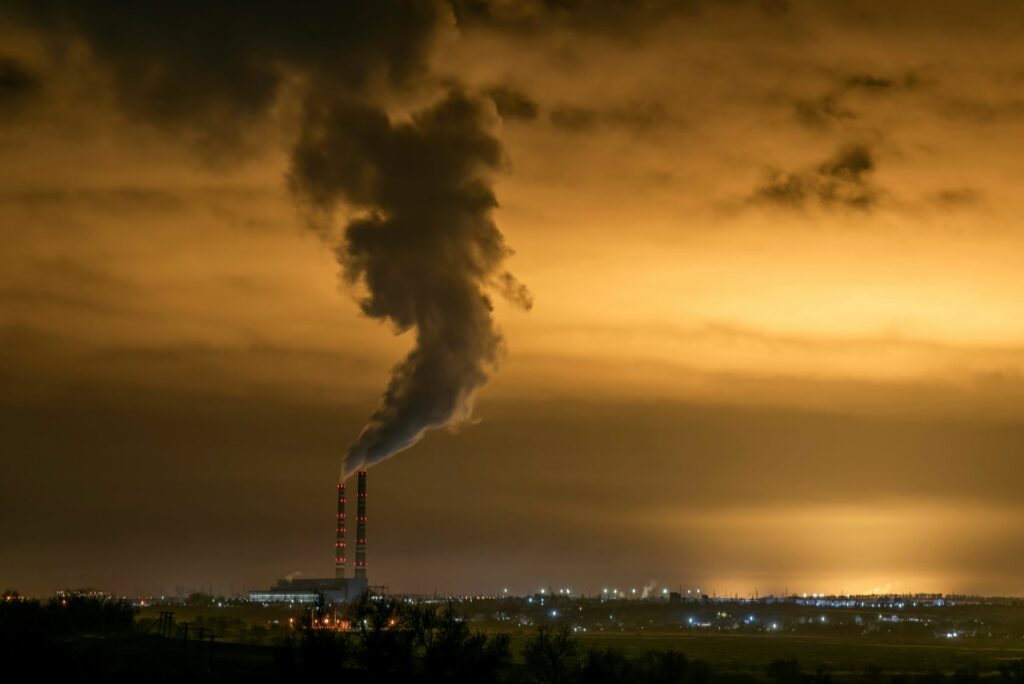It was a climate case with a unique outcome, in which a Peruvian farmer supported by the NGO Germanwatch sued the German energy giant RWE.
Although the Hamm Regional Court dismissed the case, it set an important precedent that polluting companies must be held accountable for their activities and liable for the damage they cause. This important ruling was issued at the end of May 2025 and is seen as setting a precedent for climate crisis policies.
Indeed, climate-related lawsuits are becoming increasingly important. This is demonstrated by the recent ruling by the Italian Court of Appeal on the admissibility of the Greenpeace and ReCommon lawsuit against Eni, as well as the International Court of Justice’s advisory opinion that countries failing to curb fossil fuels could be ordered to pay reparations.
We discussed the Saúl vs. RWE case and the implications of climate lawsuits with Francesca Mascha Klein, a legal officer at Germanwatch who closely followed the case.
Klein, what is the most important result achieved after the ruling in the Saul vs. RWE case and what consequences will it have?
The most significant outcome of the ruling in the case of Saúl vs. RWE is that the Higher Regional Court of Hamm recognised that major greenhouse gas emitters can, in principle, be held liable for the consequences of the climate crisis.
This is a crucial moment. For the first time, companies are being told that they cannot externalise the costs of the climate crisis and escape the consequences.
Not only did the court affirm the legal possibility of establishing a causal link between corporate emissions and climate harm. It also emphasised that companies like RWE had foreseen the devastating impact of their emissions as early as the 1960s.
This ruling sets a powerful legal precedent, opening the door for individuals and communities worldwide — particularly those in the Global South who are disproportionately affected — to hold carbon majors accountable.
From now on, major emitters must set aside funds for potential liability. For policymakers, now is the time to introduce a fair mechanism to ensure that carbon majors contribute financially in proportion to their share of global emissions towards the costs of the climate crisis.

In a separate case brought against the German government, you are taking it to the Constitutional Court to request a change in its climate policies. What legislative changes are you requesting?
The German Constitutional Court should oblige the government to revise its climate policies. This is in order to effectively protect fundamental rights and comply with the Paris Agreement.
Specifically, we are demanding more ambitious climate targets. This is because the current German government’s Climate Protection Act permits too many greenhouse gas emissions and lacks sufficient ambition.
We are calling for legally binding targets to ensure that Germany achieves climate neutrality in a fair and timely manner, with stricter limits on emissions.
Furthermore, the amended Climate Law, which came into effect on 16 July 2024, postpones meaningful reductions in emissions and infringes upon our constitutional rights. We are calling for laws that enforce immediate reductions, rather than vague goals that are pushed into the future. The latest governmental reform regarding climate change emissions undermines the accountability framework of the original Climate Law. We want these oversight mechanisms to be reinstated so that the government can be held accountable if it fails to meet its targets.
In short, we are calling for a revised, enforceable Climate Protection Act. This guarantees Germany does its fair share to limit global warming, protects the rights of future generations and upholds the constitutional ruling on climate justice of 2021.
London School of Economics just published a study on global trends in climate change litigations, which are the main trends to highlight?
The number of cases against corporations is increasing, and they tend to be more successful than those against governments. While corporate cases have been successful in terms of legal arguments, they still face evidentiary hurdles.
As climate science becomes more robust and precise, I think courts will increasingly be able to align legal standards with scientific findings.
The chances of success for cases against major carbon emitters are growing. Importantly, similar legal arguments and strategies are emerging across different jurisdictions, including both Global North and Global South countries.
The fact that many cases rely on universal principles, such as the ‘polluter pays’ principle, means that they are applicable, transferable and replicable across legal systems.
This gives climate litigation a global reach and increases the chances of success in diverse legal contexts.
Cover image: Illustration by Aïda Amer/Axios from Axios Media Inc., 2025

